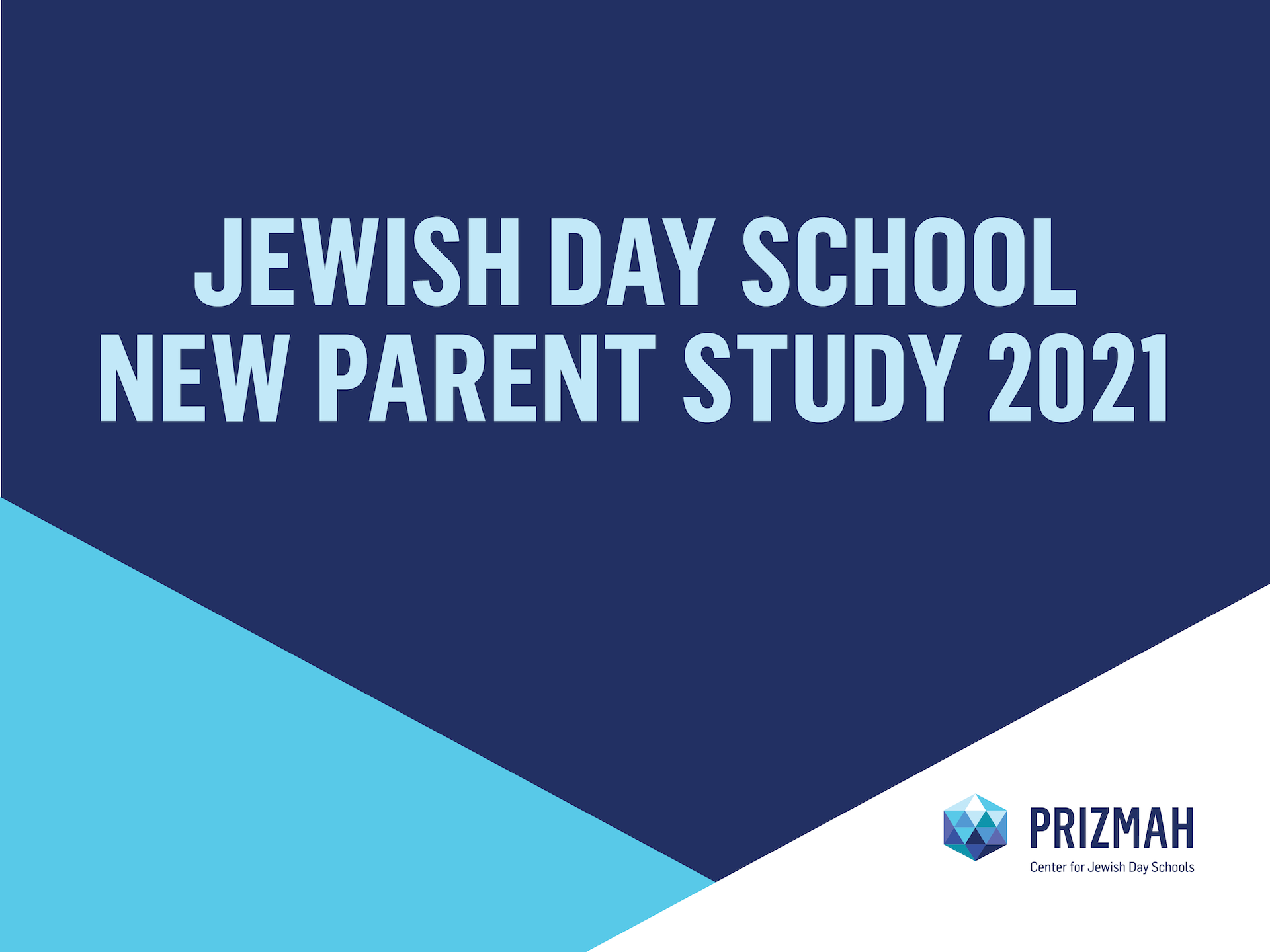Background
Throughout the Covid-19 crisis, Jewish day schools have delivered the best possible experience for students, faculty and families that we could hope for. Our schools have been praised for developing robust, creative, and thoughtful educational and communal responses to the enormous challenges of the past two school years, and they have been nimble as they have adapted to changing circumstances.
Parents noticed. Beginning in 2019-2020 and continuing through this year, enrollment in numerous Jewish day schools has increased. The question on our minds is whether these families stay as other schools return to in-person learning and conditions improve? If so, what motivates them, and what might attract others to enroll in Jewish day schools in the future?
Prizmah enlisted the support of Rosov Consulting to understand the enrollment increase in Jewish day schools and learn just what "turned parents' heads" during the pandemic. Prizmah and the Rosov team recruited 24 schools from across North America that experienced enrollment growth, and 114 interviews were conducted between April and June 2021, with one parent from each family unit participating. Families were identified by the schools and agreed to be interviewed.
Key Findings
- After a year being enrolled in Jewish day school - parents have largely been thrilled by their experience.
- Parents expressed appreciation for the quality of the educational and social dimensions of the experience at Jewish day schools.
- Jewish day schools are “nurturing environments,” “caring,” “warm,” “having a strong emphasis on community,” “welcoming,” “loving,” and “friendly.” When parents decided transfer their children to a Jewish day school, these qualities were front of mind.
- Strong relationships contributed significantly to the positive experience of parents, with 85% identifying the strength, frequency, and variety of positive relationships at the school: among the students, among families, and between teachers and families.
- Overall, three-quarters of parents plan for their children to stay at their new school.
Issues that Drive Choice
- Cost vs. Affordability: The most common reason parents reported for previously not enrolling in a day school was financial even though few families indicated that they could not afford the tuition. Most families reported being able to afford day school tuition, but chose not to make the investment in the end due to competing financial interests.
- Too Religious: Parents thought positively (often surprisingly so) about the Jewish educational dimension and the the holistic integration of Judaism across the curriculum and into their daily lives.
- Aligned Values: Parents often didn't see themselves as the kinds of people who would enroll their children in a private, Jewish school. Now that they have had a chance to try their Jewish day school they are surprised by how much at home they feel.
What we are learning from the research:
- For some families there are clear values associated with public education, especially values of diversity and inclusion. Even so, for some parents, their perception shifted once their children actually attended a day school, finding unexpected socioeconomic, denominational, and occasionally racial diversity.
- Some families that chose Jewish day school during the pandemic were “near misses,” and enrolling their children was an option they had considered previously.
- There are misconceptions about Jewish day schools that need to be overcome, including the educational sophistication, the deep sense of community that parents and children experience, and the range and inclusiveness of the Jewish learning they offer.



